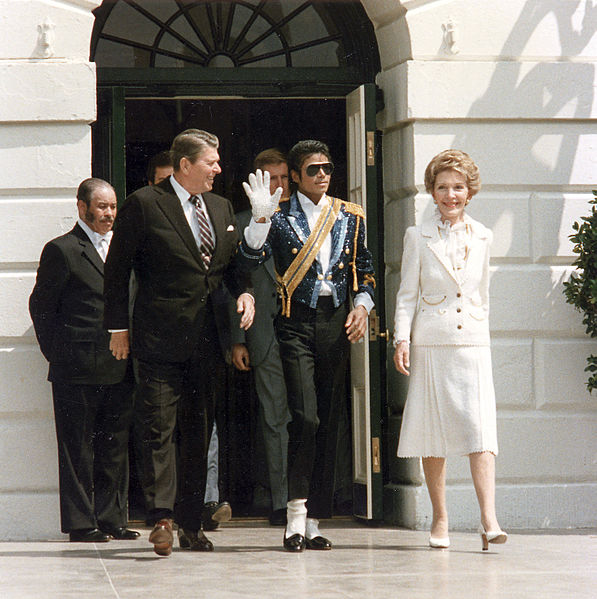That any person could become an expert in something if they simply spend about 3 hours per day for ten years learning it is an appealing concept. This idea, first championed by Ericsson and brought to prominence by Gladwell, has now taken root in the popular media. It attempts to discuss these differences in terms of the environment. The idea is that practice with the purpose of constantly gathering feedback and improving can lead any person to become an expert. If becoming an expert requires 10,000 hours, does a prodigy need 20,000.
Lets consider, Michael Jackson, as an example of a prodigy. He grew up in a musical family in Gary, Indiana just outside Chicago. His father Joe played in an R&B band. All of his siblings played music in one way or another. Unlike his siblings and father, Jackson did not really play any instruments. However, he would compose songs in his head using his voice. One morning he came in and had written a song which eventually became ‘Beat It’. In the studio, he would sing each of the different parts including the various instruments. Then the producers and artists in the studio would work on putting the song together, following his arrangements.
Work in cognitive neuroscience has begun to shed light on the brain systems involved in creativity as being linked to psychometric IQ. Work by Neubauer and Fink suggests that these two different types of abilities, psychometric IQ and expertise, involve differential activity in the frontal and parietal lobes. They also appear for different types of tasks. In one study, taxi drivers were split into a high and low group depending on their performance on a paper and pencil IQ test. The results showed that both groups did equally well on familiar routes. The differences appeared between groups when they were compared on unfamiliar routes. In this condition, those with high IQs outperformed those with low IQ. So expertise can develop but the flexibility to handle new situations and improvise requires more than just practice.
Reports of Michael Jackson’s IQ are unreliable. However, he is purported to have had over 10,000 books in his reading collection and to have been an avid reader. His interviews reveal a person who was very eloquent and well spoken. And clearly he was able to integrate various different types of strands of music into interesting novel blends. If we were to lay this out across time, we have perhaps the roots of early genius. It is a person who has an unusual amount of exposure in a domain that starts at an early age. This would lead to the ability to play music very well.
Jackson came from a family filled with many successful musicians. Many were successful as recording artists. Perhaps Michael started earlier than his siblings. One conclusion we can draw from this natural experiment is that creative genius requires more than 10,000 hours. In the case of Michael Jackson, he read profusely and had very rich life experiences. He tried to meld these experiences into a blended musical genre that is uniquely his and yet distinctly resonant with known musical styles.
The kind of creativity is not restricted to prodigies like Michael Jackson. Language, our ultimate achievement as a human race, is something that no other animal species on this planet shares with us. The seeds of language exist all over the animal kingdom. There are birds that can use syntax to create elaborate songs. Chinchillas can recognize basic human speech. Higher primates can develop extensive vocabularies and use relatively sophisticated language. But only one species was able to take all of these various pieces and combine them into a much richer whole. Every human is born with the potential to develop much larger frontal lobes which interconnect with attention, motor, and sensory areas of the brain. It is in these enlarged cortical areas that we can see the roots of creative genius. So while 10,000 hours will create efficiency within restricted areas of the brain, only the use of more general purpose brain areas serve to develop true creativity.
SOURCE: OUP & Arturo Hernandez




